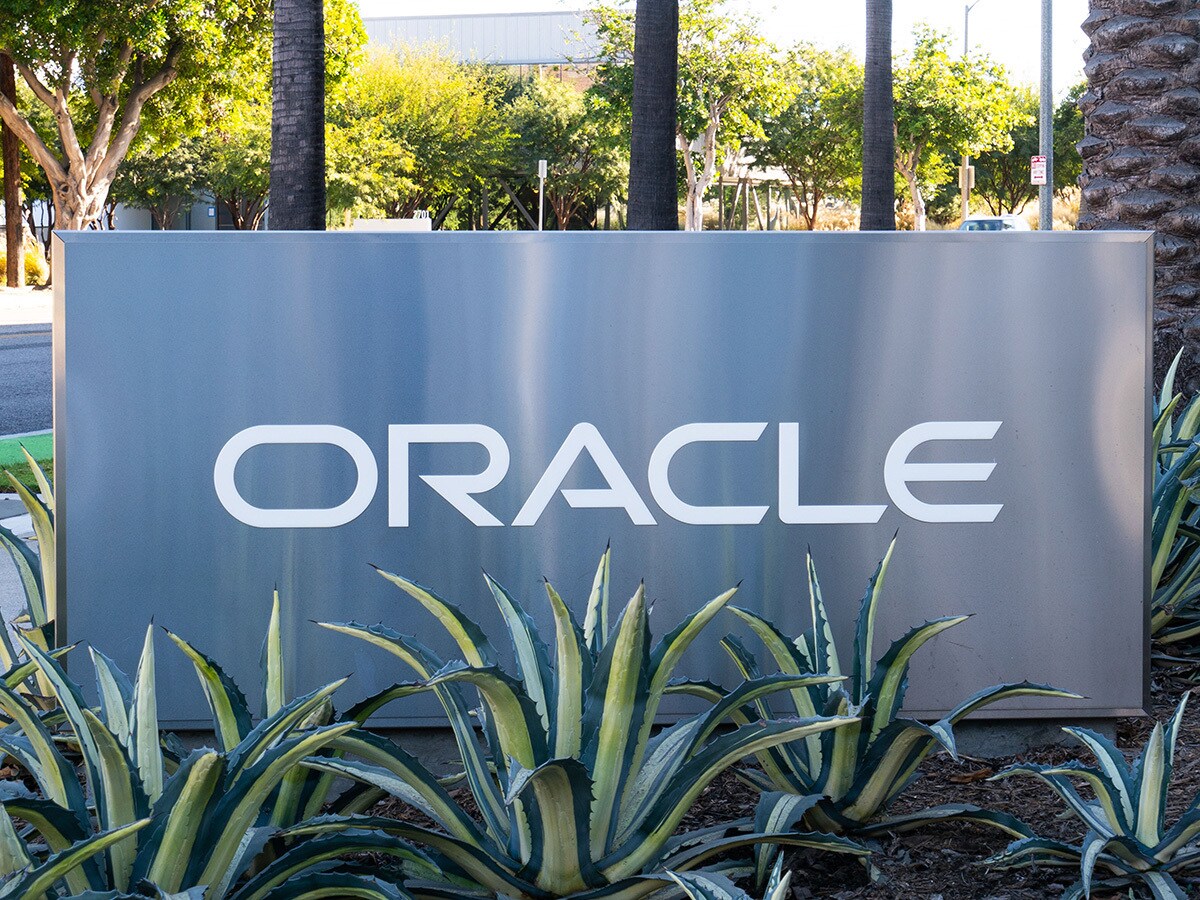Amid a wider downturn for tech stocks, Oracle’s share price has been floundering, down 20.6% year-to-date as of 9 June and a further 35% since its 52-week high of $106.34 in December 2021. When the software company announces its Q4 results on 13 June, its recent $28bn acquisition of electronic health records firm Cerner will likely be of interest to investors.
Oracle’s [ORCL] share price, like many other tech firms, is in the doldrums. The stock price closed at $69.22 on 9 June, just above its 52-week low of $66.72 that it reached during intraday trading on 19 May and is down 20% year-to-date.
Oracle’s stock is being sold off amid a wider tech market rout, which saw tech firms including Amazon [AMZN], Apple [AAPL] and Facebook owner Meta [META] shed a combined $1trn in value last month.
As Oracle’s fourth quarter 2022 earnings announcement approaches on 13 June, analysts are forecasting mixed results for the software firm.
How has Oracle performed so far this year?
When the database software giant announced its third quarter 2022 results earlier this year, it delivered on revenue expectations but fell short on earnings per share.
Oracle reported that revenues for the quarter had come in at $10.5bn — bang on the consensus estimate, according to Refinitiv data, and up 4% year-over-year. However, net income had declined to $2.3bn, a 54% year-over-year drop, resulting in earnings per share of $1.13. This was below the consensus estimate of $1.18 expected by analysts polled by Refinitiv.
The company said the reason its income was down in the quarter was due to two investments it had recently made. In September 2021, Oracle announced that it would invest £150m in Oxford Nanopore [ONT.L] ahead of its IPO later that month. The biotech firm jumped on its first day of trading, but is down 41.8% from its 30 September closing price of 612.6p. Oracle also has an investment in chip maker Ampere Computing, which recently made an operating loss.
Oracle is experiencing these problems amid wider industry struggles — it has struggled with supply chain bottlenecks when it comes to getting hardware equipment to its data center customers.
In the day following the earnings announcement on 10 March, Oracle’s share price rose 1.5%. However, it has fallen 10.7% since then.
Can the Cerner deal strengthen Oracle’s long-term position?
On 8 June, the firm closed a new acquisition — health records company Cerner Corporation, which has won contracts worth over $125m with the NHS in the past year and also has deals with US health networks in Ohio and Virginia. The deal will set Oracle back $28.3bn and is the largest acquisition the firm has made in its history.
Oracle CEO Larry Ellison has tried to whip up excitement around the Cerner acquisition. “Data today is fragmented in thousands of databases across the US,” he said at a press briefing. “We’re going to solve this problem by putting a unified national health records database on top of all these thousands of separate hospital databases.”
By becoming part of the Oracle family, Cerner will also be able to upgrade its offering to provide services such as increased telehealth capacity and AI modelling. Some commentators have already suggested that Cerner may increase the price of its services following the acquisition.
When Oracle announces its results next week, investors will want more details of how these ambitious plans will play out.
Analysts see Oracle as an opportunity for investors
Ahead of the 13 June earnings call, analysts at Zacks Investment Research estimate that Oracle will report revenues of $11.65bn, representing a 3.72% year-over-year increase. They anticipate the company to record earnings per share of $1.38, down 10.4% year-over-year.
Earlier this week, Morgan Stanley analyst Keith Weiss said that the stock presented an “interesting opportunity” for investors given its high-margin products and services. He holds an $88 price target on the stock. Analysts at Zacks also recently upped their rating on the stock from a ‘sell’ to a ‘hold’, with a $72 price target. Jefferies, however, cut its price target on the stock from $80 to $75 at the end of last month.
According to 28 analysts polled by CNN Money, the stock has a consensus ‘hold’ rating. The consensus price target is $89, representing a potential 28.6% increase on the 9 June closing price.
Disclaimer Past performance is not a reliable indicator of future results.
CMC Markets is an execution-only service provider. The material (whether or not it states any opinions) is for general information purposes only, and does not take into account your personal circumstances or objectives. Nothing in this material is (or should be considered to be) financial, investment or other advice on which reliance should be placed. No opinion given in the material constitutes a recommendation by CMC Markets or the author that any particular investment, security, transaction or investment strategy is suitable for any specific person.
The material has not been prepared in accordance with legal requirements designed to promote the independence of investment research. Although we are not specifically prevented from dealing before providing this material, we do not seek to take advantage of the material prior to its dissemination.
CMC Markets does not endorse or offer opinion on the trading strategies used by the author. Their trading strategies do not guarantee any return and CMC Markets shall not be held responsible for any loss that you may incur, either directly or indirectly, arising from any investment based on any information contained herein.
*Tax treatment depends on individual circumstances and can change or may differ in a jurisdiction other than the UK.
Continue reading for FREE
- Includes free newsletter updates, unsubscribe anytime. Privacy policy





